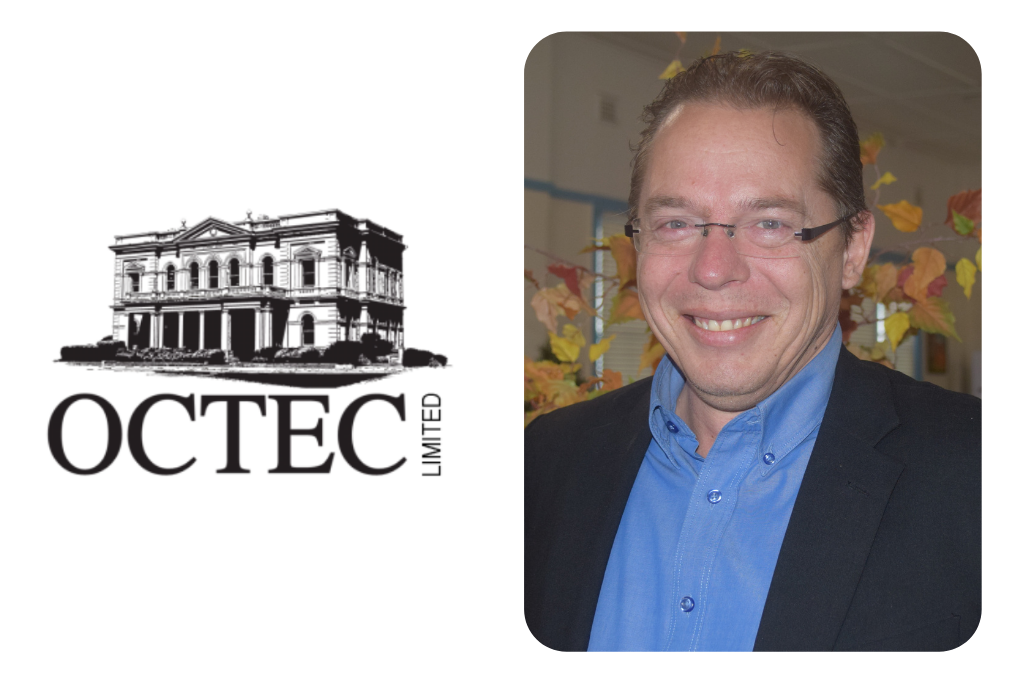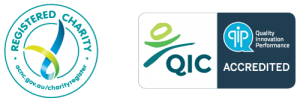
Name
Adam Swist
Role
Deputy Manager of Employment Services
Organisation
What are you/your organisation currently focusing on in terms of workplace health and wellbeing?
The COVID pandemic has been tough for everyone. OCTEC supports disadvantaged and long-term unemployed participants to find and maintain employment, and this has been really challenging during the COVID recession. Our staff have continued to offer face-to-face service, where possible, however at various stages of the pandemic, many have had to work from home during lockdown. Some staff have found it challenging to continue their work without the day-to-day interactions with their colleagues and their participants.
Acknowledging this, our teams take part in daily and weekly catch ups with their managers and teams via Zoom. We’ve continued to offer our Chairman’s Awards – even during lockdowns – recognising staff for outstanding performance during a tough period. We encourage staff to use any accrued time in lieu to take a break and make sure they’re physically and mentally refreshed.
Today, as we emerge from lockdowns, and the labour market begins to boom, we continue to offer health and wellbeing support for our staff and our participants.
What aspect of workplace health and wellbeing does your organisation do well in?
Support is what OCTEC people do best. Our staff encourage, guide and find vocational solutions for our participants. We offer an innovative range of Biz Support services for placed participants, and their new employers. Support can include mentoring and on-the-job training to maximise the effectiveness of a new staff member, while also looking after their wellbeing, and the wellbeing of their colleagues.
Given the challenging nature of their work, compounded by the restrictions imposed by COVID-19, we ensure each OCTEC staff member participates in regular catch ups, team building exercises and training days. Staff have access to an Employee Assistance Program (EAP) which includes access to free counselling services provided by qualified psychologists.
Training is very important to OCTEC. We ensure staff have access to ongoing professional development to equip them to do their jobs. We are currently rolling out Critical Incident training to equip staff with techniques and methods to de-escalate and protect themselves during high stress encounters with participants.
What’s your biggest challenge working in workplace health and wellbeing?
The nature of our work can be demanding – assisting people with complex and multiple barriers to engage or re-engage with employment. Emotions can run high. Our staff deal with these situations with remarkable professionalism and compassion, but it can come at a cost to their own health and wellbeing. The COVID restrictions and recession made this situation even more challenging.
We encourage staff to network; to troubleshoot issues with teams across their region and beyond. We encourage staff to discover solutions cooperatively, with management there to offer guidance and support. We also encourage staff to use the EAP in times when stress and worry begin to impact their lives negatively.
How does WayAhead Workplaces add value to your organisation’s health and wellbeing program?
Around 40% of participants in our employment services have a primary barrier that is related to their mental health. In my experience, employees and employers can be reluctant to speak about mental health, meaning unresolved issues can develop into major problems. OCTEC’s membership of WayAhead Workplaces allows us to address these – and other – service gaps. We share expertise with a network of professionals, all focused on the same goal of workplace health and wellbeing. This not only increases our capacity and knowledge, it also allows us to engage with best practice and professional development.
How do you deal with stress?
In my role, I support a large staff across a number of OCTEC programs. As of January this year, our employment services staff were assisting a national caseload of more than 25,350 participants. The work load is huge, but so are the rewards. Seeing thousands of disadvantaged people find and secure work is an incredible feeling.
However, I’m mindful to take a break when I need to. And I always prioritise time with my kids.
What are the key issues and considerations for people in workplace health and wellbeing roles?
OCTEC provide services to a very diverse client base, across metropolitan and regional areas Queensland, New South Wales and Victoria as well the ACT. As a manager, I think understanding the different challenges, and the impacts these can have on the wellbeing of our people is really important. You need to meet people where they are, and work from there.
It is essential that local people have an active role in the health and wellbeing of themselves and their colleagues. They are best placed to understand the issues they face and to identify the support they require. For example, we’ve had regional and rural staff dealing with drought, bushfires, floods and the pandemic, while assisting participants challenged by these and other issues.
How do you switch off from work?
I like music, going out and being active with my kids, or relaxing at home with a good TV show or a movie. Being able to switch off can be difficult, but I find these things help me to step away and relax.
What is your best time-saving tip?
Be organised! It’s the very best thing you can do for yourself.
What do you think the future of work health and wellness programs look like
Open communication across workplaces will always inform workplace culture, and work health and wellness. Communication technology may evolve, but the principle will remain. The last two years have proved to me the resilience of our people, who do an incredible job supporting individuals, but this resilience is dependent on all of us listening to each other, and acting where we see need.
When people feel heard, and tangible actions occur because we are actively listening, then we’re all doing the right thing by each other.


